Australia’s national day has only been officially celebrated on January 26 since 1994
MILLIONS across Australia will get together to live it up today, but celebrating our national day on January 26 is not the long-standing tradition that many people think it is.

National
Don't miss out on the headlines from National. Followed categories will be added to My News.
AUSTRALIA has a long history of struggling to decide which is the best date to celebrate our national day.
The anniversary of the arrival of the First Fleet in Sydney Harbour in 1788 was first celebrated in 1804, when the colony was 16 years old.
At the time, calendars and Australia’s first newspaper the Sydney Gazette (also the official publication of the NSW government) referred to the date as Foundation Day or First Landing Day.
Drinking in celebration to mark the occasion was common, especially among emancipists.
In 1818, 30 years since after the First Fleet landed, Governor Lachlan Macquarie officially declared the day as a public holiday that year, but that was for Sydneysiders only.
Those celebrations gathered pace and on the 50th anniversary of the landing, in 1838, the day was proclaimed as an annual public holiday in NSW by Governor George Gipps.
In the latter half of the eighteenth century, as a desire for the Australian colonies to federate grew, so did the desire for a national holiday of celebration.
In 1888, NSW’s day of celebration became a national occasion as envoys from WA, SA, Queensland, Victoria and even New Zealand travelled to Sydney to celebrate the centenary.
At that celebration, when NSW premier Henry Parkes was asked if anything was planned for Aboriginals during the celebrations, he is said to have replied: “And remind them that we robbed them?”.
OPINION: A reason to change the date of Australia Day
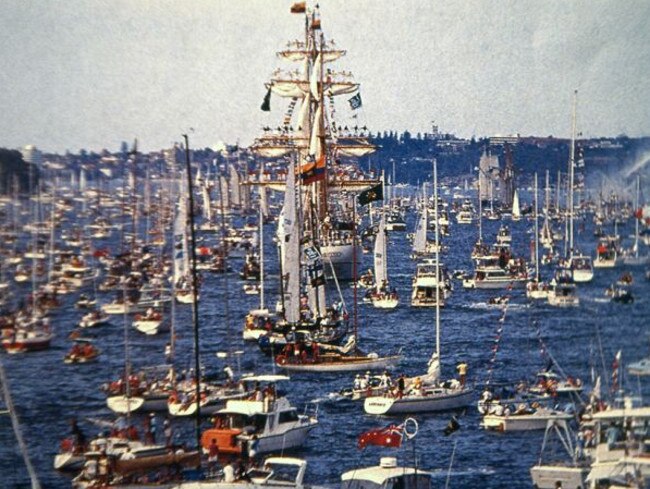
At the time January 26 continued to be referred to as Foundation Day or alternatively as Anniversary Day.
According to the National Australia Day Council, January 26 was not referred to as Australia Day until after the Centenary.
However when Australia’s British colonies formed a Federation on January 1, 1901, modern Australia still continued its search for a national day.
Even after Canberra was named as Australia’s capital in 1913 and Parliament House opened in 1927, we were still yet to have an official national day across the continent.
Proof that discussion over a national day of celebration has always been the source of debate is evidenced by the fact it took until 1935 for all of Australia’s states and territories to mark January 26 as Australia Day.
But it was almost six decades before that recognition was official.
RELATED: Aboriginal leaders slam push for date change
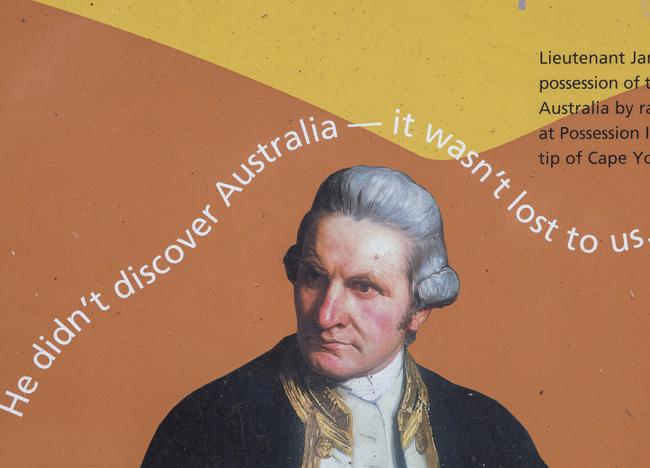
The 150th anniversary of the landing of the First Fleet brought with it ‘Day of Mourning’ protests in Sydney.
The protests were organised by the Aborigines Progressive Association after earlier boycotts of the day by indigenous groups had largely failed to attract widespread attention.
Prime Minister Joseph Lyons rejected a petition from the APA for recognition of Aboriginal civil rights and Aboriginal representation in Parliament but agreed to meet with the leaders of the Day of Mourning movement.
Day of Mourning protests have been held on January 26 since but Survival Day and Invasion Day protests have received greater prominence recently.
The designation of a new Australian flag in place of the Union Jack in 1954 also failed to move Australia closer to consensus on its national day.
Some of the failure to reach consensus on a national day came from the belief in other states that January 26 represented a day for NSW, rather than the entire nation.
The establishment of the National Australia Day Committee in 1979 was designed to speed up the process.
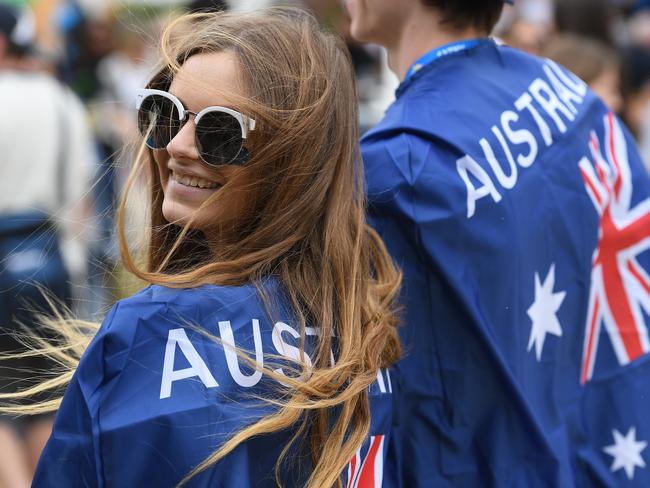
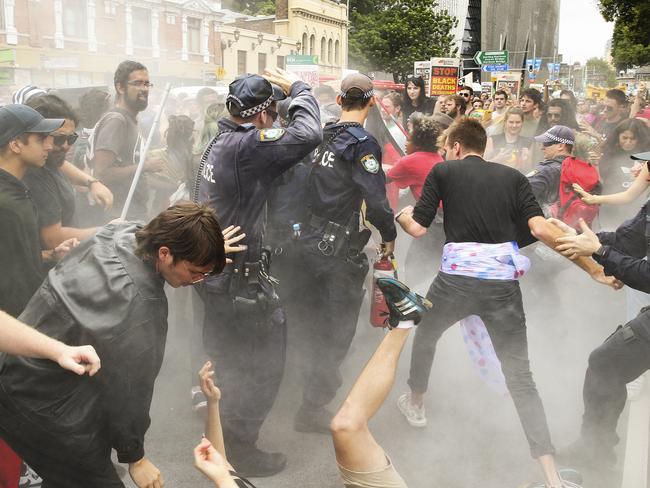
In 1984 when Advance Australia Fair replaced God Save the Queen as our national anthem we were still searching for a national day.
As Australia’s Bicentenary approached, opinion was divided among Australia’s political leaders as to how and when it should be celebrated.
There was strong opposition in Canberra to organising to sail a replica of the First Fleet to sail into Sydney Harbour before it went ahead.
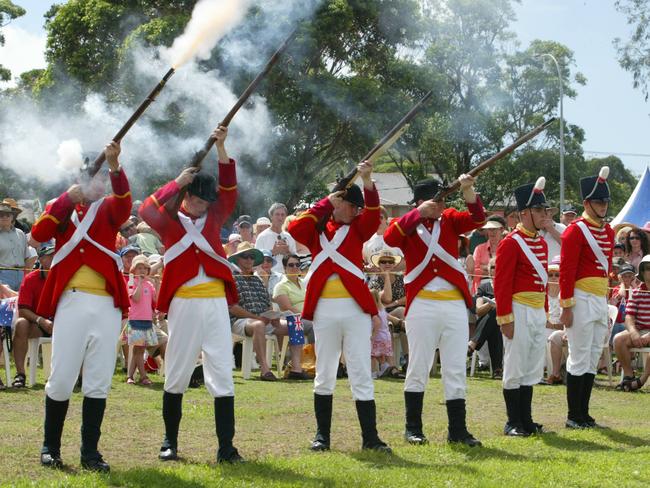
Anzac Day, April 25, was suggested by critics as a worthy day of national celebration before the states agreed to celebrate Australia Day on the actual date of January 26, rather than with a long weekend around that time.
The bicentennial celebrations were the focus of Aboriginal protests as more than 40,000 people staged the biggest march in Sydney since protests against the Vietnam War in the 1970s.
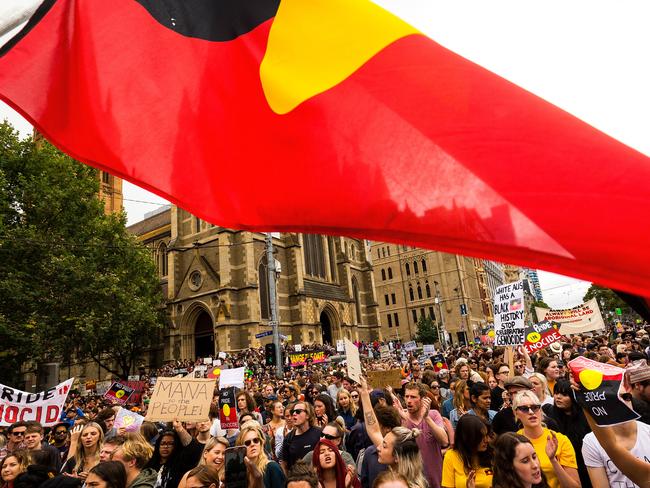
Bicentennial celebrations had brought the states and territories closer to finally settling on a date for Australia’s Day.
At that time, it was decided that the Australian of the Year Award celebrations should alternate between Sydney, Canberra and Melbourne, to counter the perception that the day was primarily a NSW celebration.
In 1994, all of Australia’s states and territories began to celebrate a national public holiday on January 26 for the first time with the Federal government promising to support celebrations across the country.



